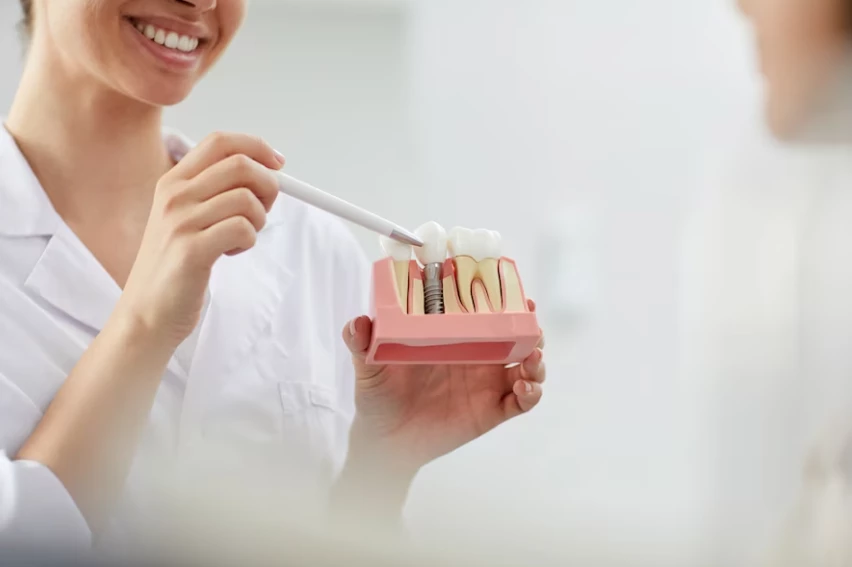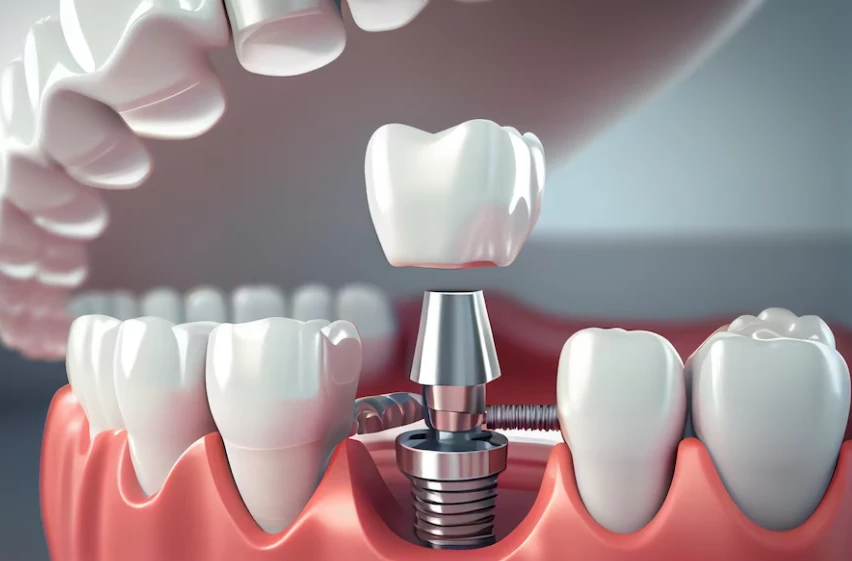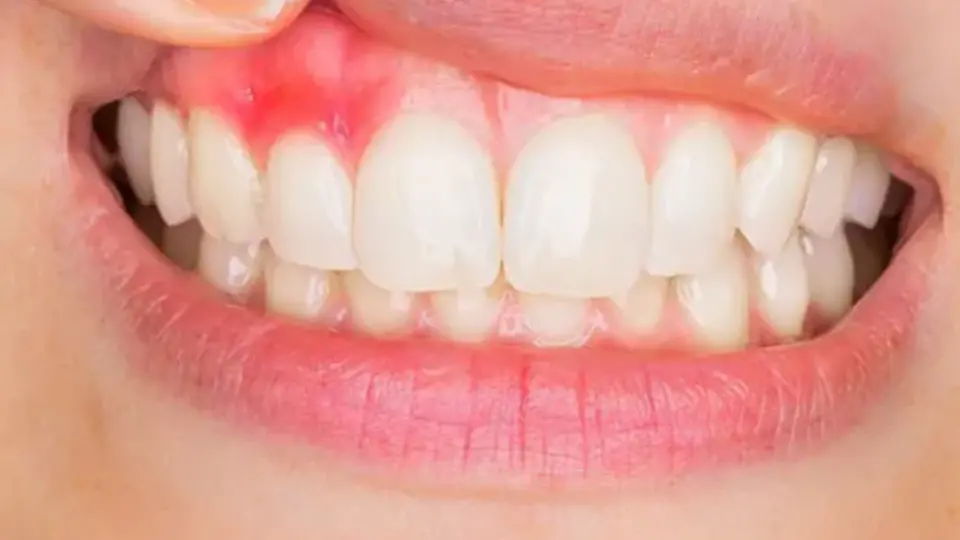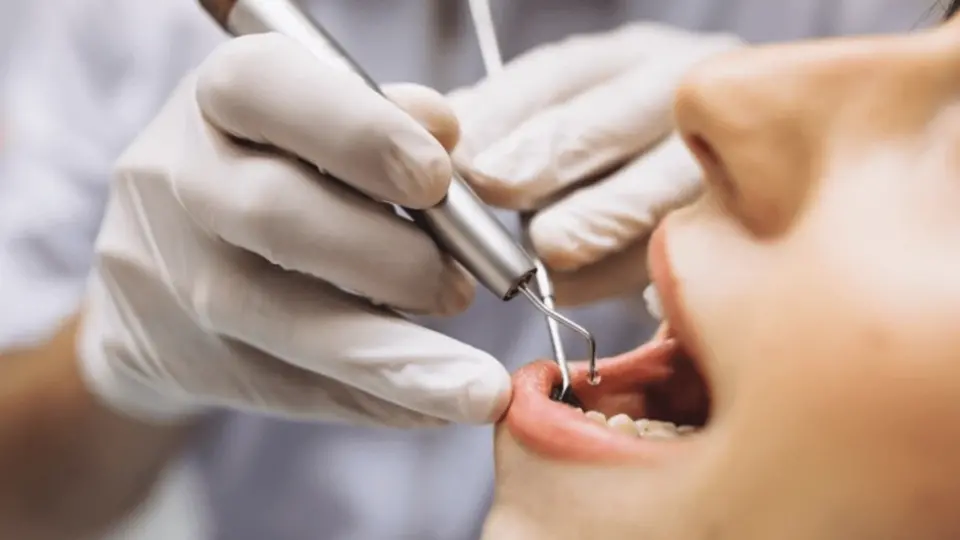If you are considering getting dental implants, then you have likely heard about the importance of choosing the right material. After all, dental implants serve as a long-term solution for missing teeth and it is crucial to choose a material that is both durable and compatible with your body.
In this blog post, we will discuss the different materials used in dental implants, and what criteria are used to determine treatment success. By the end of this read, you will have a better understanding of what material is best for your dental implant needs.
The Importance of Choosing the Right Material

Dental implants serve as the foundation for single tooth restorations or full mouth rehabilitations. They’re placed in the jawbone to support a replacement tooth. These implants are a long-lasting solution for missing teeth as they can endure for many years with proper care.
However, the success of dental implants relies greatly on the material used. A poor choice in material can lead to complications such as implant failure, infection, and even rejection by the body. Therefore, it is essential to carefully consider all factors before deciding on the best material for your dental implants.
Criteria for Determining Treatment Success For Your Dental Implant Procedure
- Osseointegration: This refers to the process of the implant fusing with the jawbone, which ensures stability and strength.
- Biocompatibility: The material used for implants should be well-tolerated by the body and support long-term oral health without causing any adverse reactions.
- Durability: Dental implants should be able to withstand chewing forces and last for a long period of time.
- Aesthetics: The chosen material should closely match the natural color and appearance of neighboring teeth for a seamless smile.
Titanium Implants
Titanium has been used in medical and dental procedures for decades due to its unique properties. It is lightweight, strong, and biocompatible, making it the most popular choice for dental implants. Additionally, titanium has the ability to osseointegrate with bone tissue, which ensures the stability of the implant.
Titanium implants can be either pure titanium or a titanium alloy, with the latter being more commonly used due to its higher strength. The success rate for titanium dental implants is around 95%, making it a reliable and trusted material in the world of dentistry.
Zirconia Implants
Zirconia is a relatively new material that has gained popularity in recent years. It is a ceramic material that is strong, durable, and biocompatible. Zirconia implants are known for their natural-looking appearance, making them a popular choice for front teeth replacements.
One of the key advantages of zirconia implants is its ability to blend in seamlessly with the surrounding teeth due to its tooth-colored appearance. However, it does have a lower success rate compared to titanium implants, with an average of 85%.
Porcelain-Fused-to-Metal (PFM) Implants
As the name suggests, PFM implants are made of two materials – porcelain and metal. The metal component provides strength and durability while the porcelain component gives the implant a natural appearance.
PFM implants have been used for many years, and they have a success rate of around 90%. However, there are some drawbacks to this material. The metal component can cause allergic reactions in some individuals, and the porcelain may chip or crack over time.
Ceramic Implants
Ceramic implants are similar to zirconia implants in terms of their composition. They are made of a ceramic material called alumina, which is known for its strength and biocompatibility. Ceramic implants have a success rate of around 90% and are a good option for those with metal allergies.
However, like zirconia implants, ceramic implants also have a lower success rate compared to titanium implants. They are also more prone to fracture or breakage due to their brittleness, especially in high-stress areas of the jaw.

The best material for dental implants ultimately depends on the individual’s needs and preferences, including factors like jaw structure and desired restoration type. Titanium implants still remain the most widely used and successful type of dental implant due to their long track record and high success rate. However, alternative materials such as zirconia, PFM, and ceramic are gaining popularity for their aesthetic benefits and biocompatibility.
You should have a thorough discussion with your dentist and carefully weigh all factors before deciding on the material for their dental implants. With diligent upkeep, dental implants offer a lasting solution for missing teeth and enhance overall oral well-being.
So what is the best material to use for dental implants? If you’re thinking about dental implants, it’s important to do thorough research and seek advice from a certified expert to identify the most suitable material for your specific requirements.
Rest assured, obtaining all the necessary information will lead you to the best decision. With the right choice and proper care, dental implants can give you a confident and healthy smile for years to come.
At our clinic, we prioritize oral health and patient satisfaction. At Cascade Dental, we really get it – every smile is special, and we know that each patient has their own unique needs when it comes to dental implants. Our amazing team of dental professionals is here to give you the best care possible and offer you the latest options in implant dentistry, including abutment choices.
Frequently Asked Questions
Q: How long do dental implants last?
A: With proper care and maintenance, dental implants can last a lifetime. The longevity of an implant largely depends on good oral hygiene and regular dental check-ups.
Q: Are dental implants painful?
A: Most patients report minimal discomfort during the implant procedure. Local anesthesia is used to ensure a pain-free experience, and post-procedure discomfort is typically manageable with over-the-counter pain relievers following a dental implant procedure.
Q: How much do dental implants cost?
A: The cost of dental implants can vary depending on how many implants you need and the specific materials that will be used. We’re happy to let you know that we have a transparent pricing structure in place for our restoration services. When you schedule a consultation with us, we’ll be more than happy to provide you with a detailed breakdown of the costs involved.
Q: Can anyone get dental implants?
A: Almost everyone is a great fit for dental implants! However, there are a few factors that can affect your eligibility for dental implants, such as your overall oral health, the density of your jawbone, and the health of your gums.
Our team is excited to help you explore the possibility of getting implants as part of your personalized treatment plan! We will conduct a thorough assessment to determine if dental implants are the right fit for you and your treatment plan.
Contact Cascade Dental today to schedule your consultation. Our team is excited to guide you through the journey of restoring your smile with the best dental implant solutions tailored just for you.


